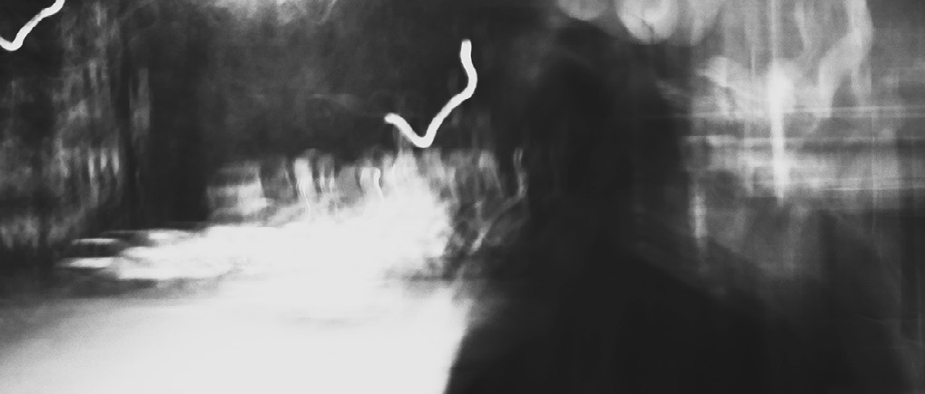
Choose a channel
Check out the different Progress in Mind content channels.

Progress in Mind

The SIRS Ethics Committee inaugurated the first of its annual symposia at SIRS 2019 to discuss the ethical challenges in attempting to prevent an illness when an individual’s true risk is unknown. The schizophrenia prodromal phase has long been considered a ‘target’ for preventative intervention. However, not all those considered to be at ultra-high risk (UHR) for psychosis go on to develop schizophrenia. The panel discussed the associated ethical dilemmas.
Alison Yung, Melbourne University, Australia and Manchester University, UK, provided a concise guide to the ethical concerns clinicians facing with patients presenting in the prodromal phase. Their symptoms are non-specific, attenuated psychosis is present and they are experiencing behavioral changes. Are these patients at UHR for developing psychosis?
Criteria have been devised which try to ascertain whether this might be the case – do patients exhibit sufficient signs to qualify as UHR? But the UHR threshold is itself an arbitrary assessment. Therefore, it seems pertinent to ask whether these criteria are valid.
The ethical issues faced by clinicians fall into five broad categories:
Detection
Service issues
Communication
Interventions
Validity of UHR criteria
As Professor Yung concluded that; there is no conclusion, just a series of issues of the field to consider.
Diana Perkins, Department of Psychiatry, University of North Carolina at Chapel Hill, described the dilemma she faces in the clinic, because there are no formal guidelines for discriminating between psychosis and attenuated psychosis.
In her practice, when patients present with frequent delusions that are unusual, illogical, not culturally held or compelling, she uses the patient’s level of conviction to determine whether the psychosis is attenuated or not. When the patient is adamant of their own conviction, it’s psychosis.
However, many other psychiatrists do not make the same distinctions. Any signs of psychosis, either attenuated or otherwise, and psychosis is diagnosed automatically – and this has ramifications in the interventions patients receive. Professor Perkins was concerned that patients might be harming patients through this practice. “Perhaps we should be educating physicians about what is not psychosis,” she concluded.
Perhaps we should be educating physicians about what is not psychosis
Mark Weiser, Sheba Medical Centre at Tel Hashomer Division of Psychiatry, Israel, explained that since the inception of UHR criteria, transition rates to psychosis have fallen to <10% after 1 year. The underlying reasons are unknown. Additionally, attenuated psychotic symptoms are relatively frequent in the general population, with approximately 10% of people admitting to having attenuated, generally transient positive symptoms; but are not seeking treatment. Such individuals could mistakenly be thought to be in the prodromal phase.
In the general population, with approximately 10% of people admitting to having attenuated, generally transient positive symptoms
This lower transition rate means that persons meeting UHR criteria are being exposed to low dose anti-psychotic treatment when only one in ten of them will have the transition. Furthermore, there are no data supporting that anti-psychotic treatment reduces the onset of psychosis, while there are ample data showing that even low-dose treatments cause side-effects. Such preventative strategies unnecessarily stigmatize a person as a future schizophrenia patient, when the vast majority will never have the illness.
These findings currently mitigate against giving antipsychotic treatment to those in the ‘prodromal’ phase. As Professor Weiser concluded, we need to wait until we understand the biology better.
Preventative strategies unnecessarily stigmatize a person as a future schizophrenia patient, when the vast majority will never have the illness
Our correspondent’s highlights from the symposium are meant as a fair representation of the scientific content presented. The views and opinions expressed on this page do not necessarily reflect those of Lundbeck.